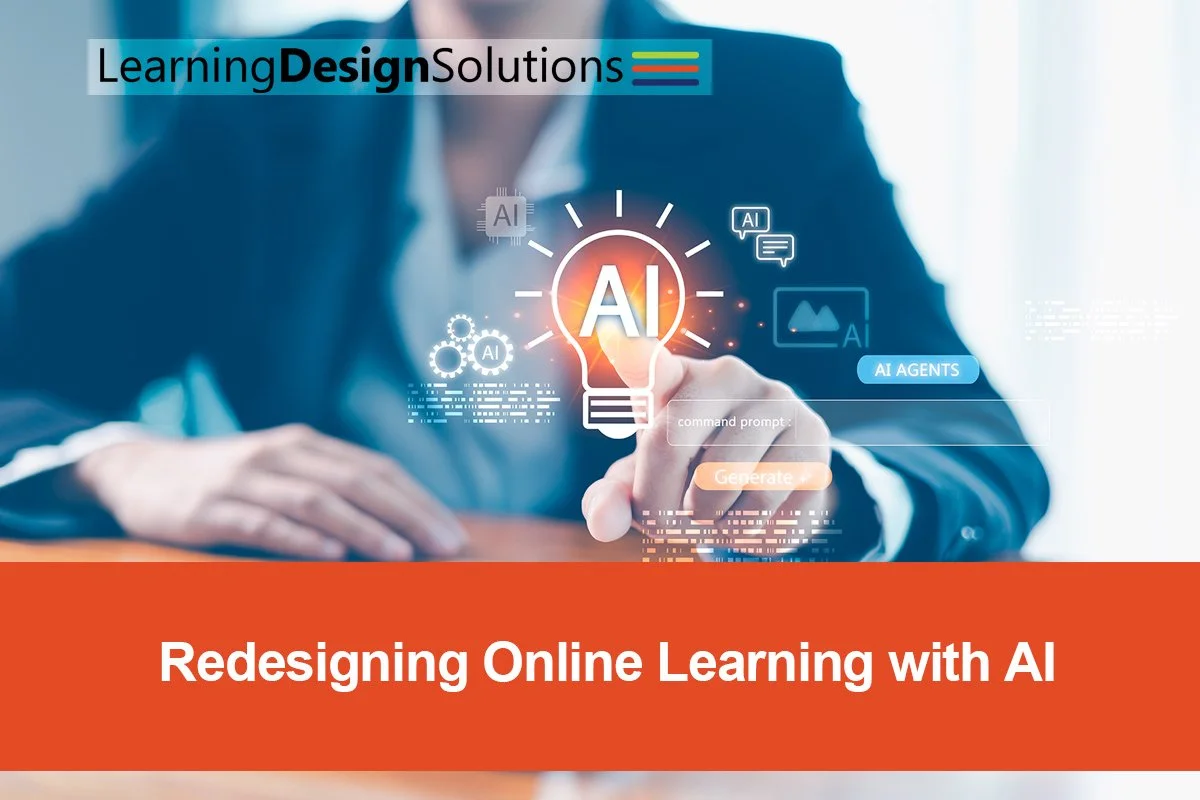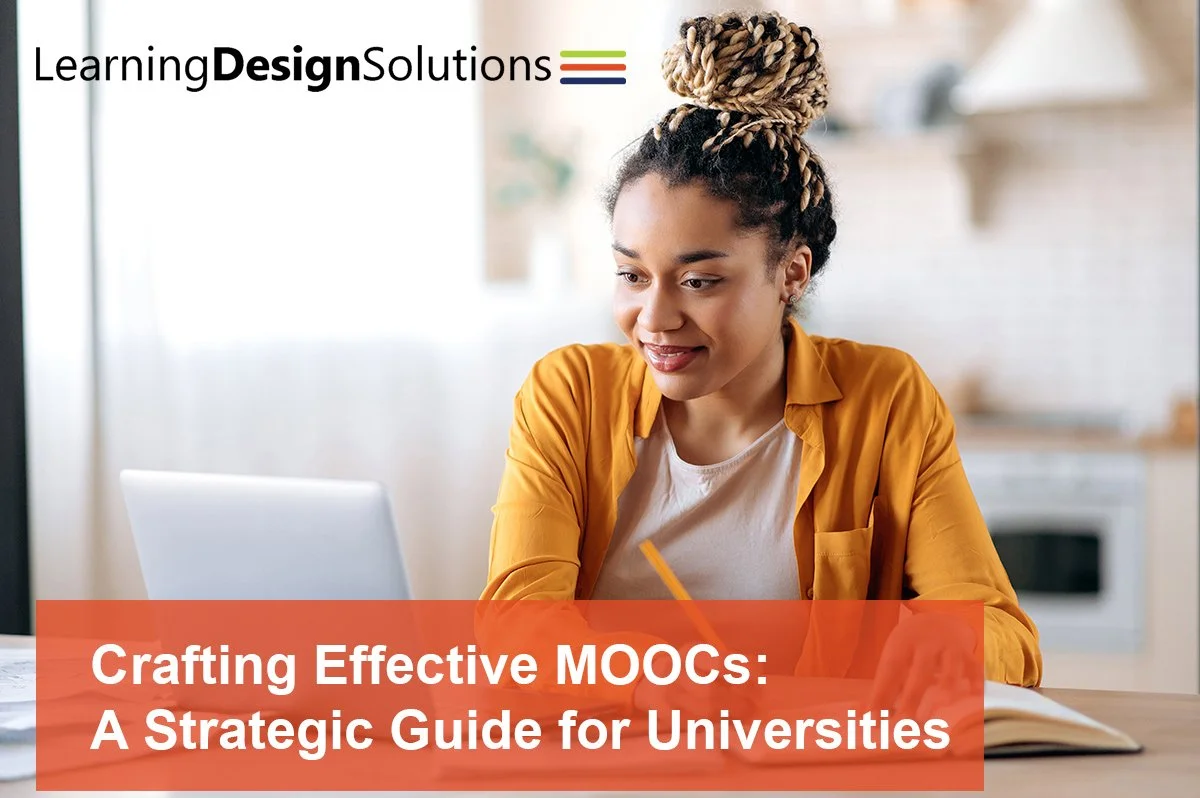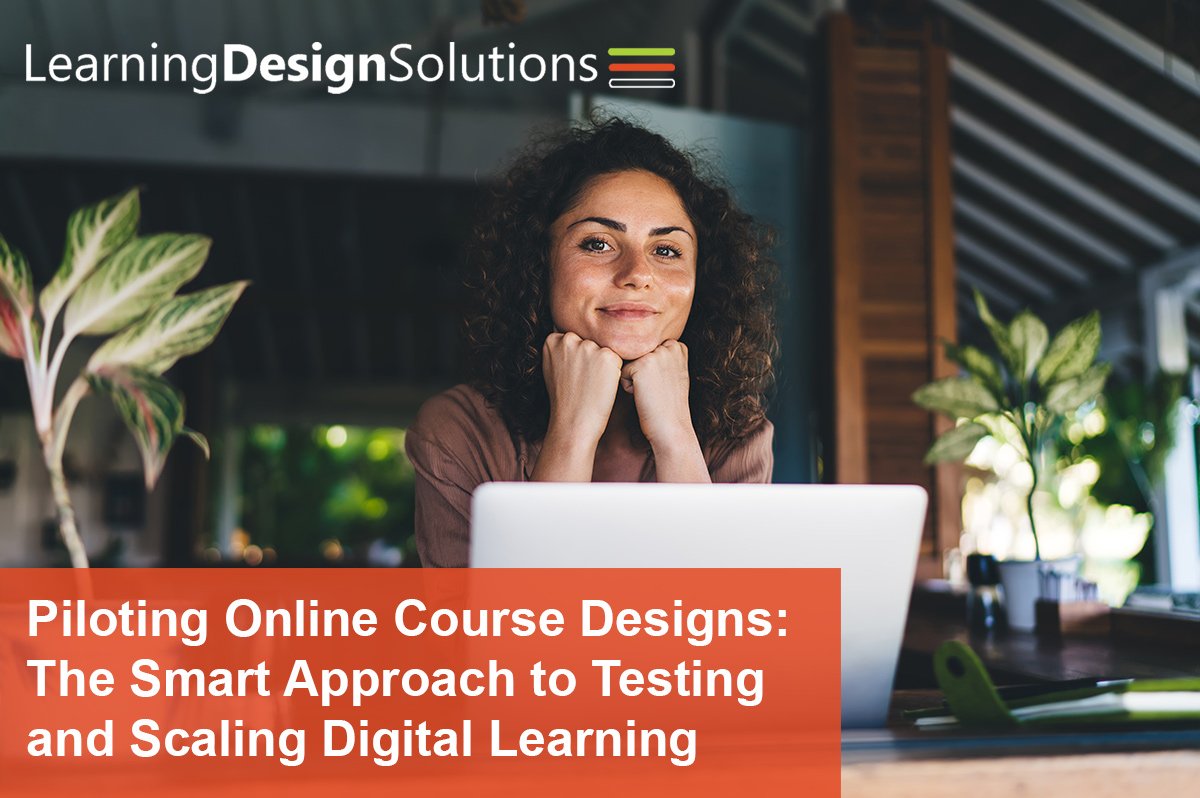This post shares what we learned when we deliberately designed a demo course — Principles of Responsible Management — using a GPT-based AI assistant trained in our own pedagogical approach. Our aim was to test whether AI could support a structured, theoretically grounded design process suitable for UK higher education at postgraduate level. And what we found was that it didn’t just help us start — it helped us start well and keep going.
Read MoreUniversities across the UK are under increasing pressure to grow digital provision—fast. But while the ambition is there, the implementation is often where things fall down. Questions crop up like:
Do we have the internal expertise to design and deliver high-quality online courses?
Can we scale recruitment and student support without an OPM’s infrastructure?
What’s the cost difference between doing it all ourselves vs. outsourcing some parts?
How do we avoid building an internal model that becomes unmanageable or underused?
This framework helps answer those questions by providing a structure to assess your institution’s readiness, capabilities, and priorities.
Read MoreHigher education is evolving rapidly, and micro-credentials are at the forefront of this transformation. Designed to provide flexible, skills-focused, and stackable learning, micro-credentials allow universities to engage a wider audience, align with industry needs, and support lifelong learning.
For university leaders—deans, pro-vice chancellors, heads of learning, programme directors, and course developers—the question is no longer if micro-credentials should be introduced, but how to do so effectively.
Read MoreAs universities expand their digital offerings, end-to-end online degree programme development has become a critical priority. Whether launching a single online programme or rolling out multiple new programmes, institutions must balance strategic planning, pedagogical excellence, learner engagement, and scalability.
At Learning Design Solutions (LDS), we specialise in helping universities create high-quality, market-driven, and globally accessible online degree programmes. Our expertise spans from strategic planning and programme visioning to full-scale course development, media production, and learning experience design.
Read MoreIn the evolving landscape of higher education, Massive Open Online Courses (MOOCs) have emerged as a pivotal tool for universities aiming to extend their reach and showcase their academic excellence. However, developing a successful MOOC requires meticulous planning and a deep understanding of both the chosen platform and the institution's unique identity. At Learning Design Solutions (LDS), we partner with universities to navigate this complex process, ensuring that each MOOC is both pedagogically sound and reflective of the institution's brand.
Read MoreDeveloping an effective online course or degree programme is a significant investment, requiring careful planning and strategic decision-making. Before committing resources to a full-scale rollout, universities and educational institutions can benefit from piloting their course designs—a critical step that allows for real-world testing, refinement, and validation of digital learning strategies.
Read MoreThe professional education landscape is evolving rapidly, and chartered institutions must adapt to stay ahead. Transitioning professional qualifications, CPD programmes, and training courses to online learning is no longer optional—it’s essential. A digital-first approach ensures greater accessibility, engagement, and scalability, but without the right strategy, institutions risk diminishing the effectiveness of their teaching.
At Learning Design Solutions, we specialise in guiding chartered bodies through this transformation, ensuring that online learning maintains the rigour, interactivity, and high-quality standards expected from professional education.
Read MoreBy experimenting with creating both human (me) and AI (Synthesia) presented video for the Learning Design Solutions demo course, I’ve found that both have definite pros and cons, and ultimately both can be the most appropriate approach depending on the context - aren’t we lucky to have the choice! Here I lay out my experience and what I’ve learned about when to use either (or both).
Read MoreIn an exciting new project at Learning Design Solutions, we embarked on a journey to harness AI for designing a fully online, university-level course titled Principles of Responsible Management. This course, aimed at Master’s students, spanned four weeks and was structured for 5 UK academic credits (CAT points), equating to about 50 hours of student engagement. With AI at the core of the design process, we aimed not only to streamline the course development timeline but to uphold robust educational standards rooted in learning science and sound pedagogy. Here, I’d like to share some reflections on the process and what we learned along the way.
Read MorePost-pandemic and post-emergency remote learning, a lot of institutions are recognising that they can and should put some of their programmes online. Acceptance of online and the recognised need to provide alternative modes of learning have helped everyone see that a bigger presence in the online space is desirable if not inevitable, but does a university need an OPM partner to go online?
Read MoreWhat is the purpose of a lecture? If students have constant access to rich resources on pretty much every subject we would want to teach, why should we spend time talking to them about that subject, rather than letting them investigate for themselves?
In this short article, I look at how we can ensure that our lectures add value - both in live teaching settings, and micro-lectures added to asynchronous online courses.











